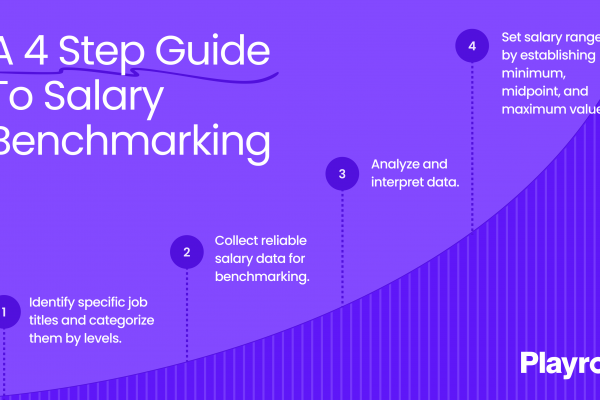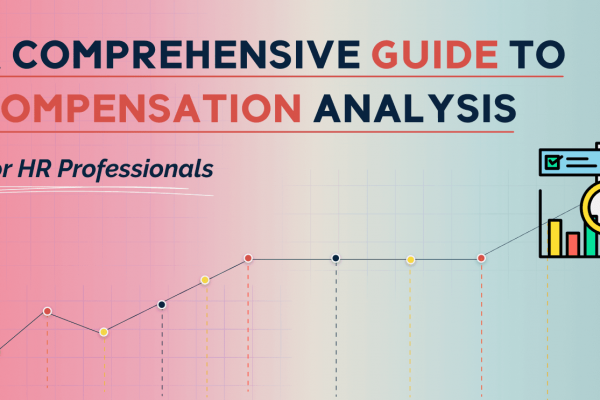
Wage The Foundation of Employee Compensation
A wage is a payment made to an employee for work done.1 It’s typically calculated based on an hourly rate, and the total earnings depend on the number of hours worked.2 Types of Wages Factors Affecting Wage Rates Several factors influence wage rates: Importance of Fair Wages Fair wages are essential for several reasons: Challenges…










